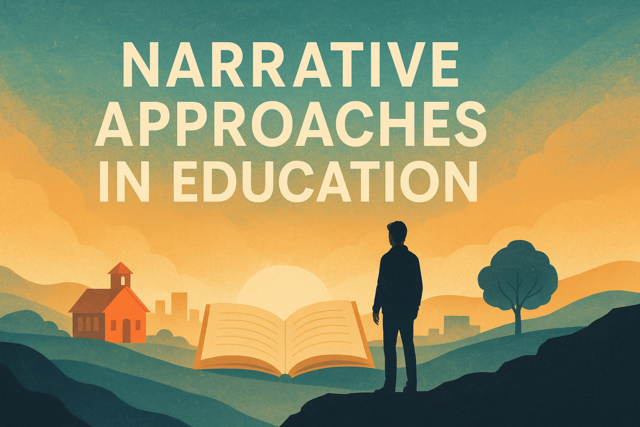Online Class: Culturally Responsive Teaching Practices

no certificate
with CEU Certificate*
-
15Lessons
-
22Exams &
Assignments -
5Hours
average time -
0.5CEUs
Course Description
Step into a future where education transcends beyond traditional boundaries and immerse yourself in the transformative world of "Culturally Responsive Teaching Practices." In today's ever-evolving society, where classrooms burst with brilliant mosaics of cultures, languages, and identities, the call for educators who can rise to the occasion and embrace diversity has never been more urgent. It's time to answer that call--and we're here to guide you every step of the way.
Imagine a classroom where every student feels seen, valued, and understood. A classroom where diversity is celebrated and differences are not just acknowledged but cherished as essential ingredients to learning. With our course, we're not just inviting you to learn about culturally responsive practices; we're inviting you to transform the very essence of your teaching approach, becoming an architect of inclusive and dynamic learning environments.
The journey of transforming education begins with empathy: the empathetic connection between teacher and student that bridges gaps and fosters mutual respect. As you delve into the first stages of this course, prepare to embark on a journey of understanding cultural competence--an eye-opening experience that empowers you to connect deeply, respecting the myriad of identities that form your classroom community.
Through storytelling and shared experiences, this course will unfold the intricate tapestry of culture and identity. Visualize yourself nurturing a space where the uniqueness of each student is not only acknowledged but becomes the driving force of motivational learning. You'll gain insights into the profound interplay of culture and identity, acknowledging the wealth of perspectives each student brings and fostering an enriching educational environment for everyone involved.
But cultural competence is just the beginning. In this course, we tear down the vines of implicit bias, often unseen yet unfailingly impacting the classroom climate. Equip yourself with self-awareness and continuous personal development to combat these biases, promoting a classroom environment where inclusivity reigns supreme and every student is given the opportunity to thrive.
It doesn't end there. Your transformative teaching toolkit is further enriched with strategies for implementing culturally relevant curricula. Imagine the empowerment you'll offer your students when their identities are mirrored in their studies. Picture your role not just as an educator, but as a cultivator of informed, socially aware citizens who appreciate the immense value of diversity.
Engage in collaborative exchanges with students, families, and communities, creating lesson plans that reflect the vibrant cultural richness your students bring to the table. Realize the power of partnership, harnessing a shared journey with families that transcends the classroom and builds a solid, inclusive educational community.
This course also embraces the digital age, integrating technology into culturally responsive teaching practices. Visualize culturally personalized learning experiences that not only engage but excite students. Feel the satisfaction of seeing your students express their own cultural narratives through cutting-edge digital projects, preparing them for the complex, interconnected world outside the classroom.
Through this journey, you'll not only learn professional strategies but also experience personal growth. By continuously fostering cultural awareness and employing emotional intelligence, you'll enhance self-awareness and inspire those around you with resilience and a growth mindset.
As you prepare to embark on this course, envision the fulfilling impact you will have on every student who enters your classroom doors, ready to learn in a world that respects and values their cultural identity. The completion of this course is not just a step forward in your professional development, but a leap into a future where education becomes a powerful vessel for social change, inclusive engagement, and global understanding.
This is your invitation--to be a pioneer of culturally responsive education, to transform classrooms, shape futures, and truly make a difference. The journey isn't just about teaching; it's about creating a legacy of empathy, diversity, and inclusivity for generations to come. Are you ready to transform the way you educate and elevate the lives of your students? Enroll today and be the change your students are waiting for. The future of education awaits you.
- Completely Online
- Self-Paced
- 6 Months to Complete
- 24/7 Availability
- Start Anytime
- PC & Mac Compatible
- Android & iOS Friendly
- Accredited CEUs

Course Lessons
Lesson 1. Understanding Cultural Competence: Bridging Gaps in Education
Empathy and cultural understanding empower educators to connect deeply with students, respecting their unique identities and encouraging shared stories. This dynamic builds trust and engagement, transforming the classroom into an environment that honors every student's lived experiences.Lesson 2. Cultural Insights, Identity Empowerment
Recognizing the dynamic interplay between culture and identity enriches educational environments by fostering inclusive teaching practices that honor diverse perspectives. When educators integrate these elements into their classrooms, students are empowered through acknowledgment of their unique backgrounds, creating a nurturing and cohesive learning atmosphere.Lesson 3. Impact of Implicit Bias on Student Success and Inclusivity
Understanding implicit bias is essential for fostering culturally responsive teaching, as it influences teacher expectations and student experiences. Through self-awareness exercises and professional development, educators can mitigate biases, promote inclusivity, and honor the diverse backgrounds of their students.Lesson 4. Valuing Student Diversity: The Heart of Transformative Teaching Practices
Implementing a culturally relevant curriculum not only acknowledges the diverse makeup of classrooms but also empowers students by reflecting their identities in their studies. This strategy nurtures informed citizens who value diversity, fostering both academic and social growth.Lesson 5. Navigating Cultural Richness in Educational Practices
Collaboration among educators, students, families, and communities is key to creating culturally inclusive curricula that recognize and include diverse perspectives. This approach ensures teaching methods adapt to varied learning styles and promotes student engagement by incorporating their voices in curriculum choices.Lesson 6. Empowering Learners Through Culturally Responsive Teaching
Culturally responsive practices in education require integrating diverse linguistic resources to affirm students' identities. Professional development helps educators address language bias effectively, fostering culturally inclusive classrooms.Lesson 7. Diverse Family Engagement Dynamics in Education
Family engagement rooted in cultural responsiveness empowers educators to cultivate nurturing environments that benefit students academically and socially by integrating the distinct cultural identities of families into teaching practices. Professional development in cultural competence is vital for equipping teachers with the awareness and skills needed to establish authentic, respectful partnerships with diverse families.Lesson 8. Fostering Inclusive Classrooms through Cultural Awareness
By embracing students' cultural backgrounds in classroom practices, educators create inclusive environments that respect diverse identities, leading to better learning outcomes. Acknowledging unique cultural influences, from language to social norms, allows teachers to support varied learning styles, ultimately making education more engaging and effective.Lesson 9. Assessing Fairly Across Cultures and Contexts
Traditional assessments, through subtle cultural biases, can fail to accurately capture the capabilities of students from diverse backgrounds. By adopting a broader, inclusive assessment strategy, educators can empower students and validate their unique cultural narratives in the learning process.Lesson 10. Empowering Multicultural Voices: Tech-Driven Educational Practices
Digital tools have revolutionized teaching by enabling educators to implement culturally responsive practices, which celebrate multiculturalism through personalized learning experiences. They allow students to incorporate their cultural narratives into educational projects, offering immersive activities like virtual field trips and video documentaries that promote intercultural understanding.Lesson 11. Empowering Students through Cultural Responsiveness and Growth Mindset
Integrating cultural perspectives in lessons enhances students' appreciation for global contributions, supporting a growth mindset. By recognizing the richness in linguistic and cultural diversity, educators promote resilience and inspire lifelong learning.Lesson 12. Breaking Down Walls: Fostering Culturally Responsive Classrooms
Systemic barriers in education, often arising from entrenched institutional practices, result in unequal opportunities for students based on identity markers such as race and socioeconomic status. Educators can transform these dynamics by adopting culturally responsive teaching methods, promoting diversity and inclusion, and advocating for equitable resource distribution.Lesson 13. Culturally Responsive Pedagogy: Bridging Gaps in Education
Educators employing culturally relevant pedagogy craft inclusive classrooms by reflecting students' cultural backgrounds in lesson plans, enhancing engagement and comprehension. By fostering environments where students can express cultural identities, this approach empowers students to connect their culture to learning.Lesson 14. Stereotypes: Influences and Impacts on Education
The pervasive nature of stereotypes, often stemming from colonial histories and societal norms, results in biased assumptions about racial and ethnic abilities, influencing students’ academic self-concept and performance. For educators, recognizing the detrimental impact of stereotypes necessitates adopting culturally responsive teaching practices to foster inclusive and supportive classroom environments.Lesson 15. Leveraging Emotional Intelligence in Multicultural Education
Reflective journaling enhances cultural awareness by helping educators and students introspect on their cultural biases, ultimately fostering culturally responsive teaching practices. By documenting experiences and emotions in multicultural settings, it promotes self-awareness and cultural competence, benefiting personal growth and classroom inclusivity.
Learning Outcomes
- Demonstrate the ability to integrate diverse cultural perspectives into classroom curricula to create an inclusive learning environment.
- Describe strategies for building empathic connections with students by acknowledging and respecting their cultural backgrounds.
- Define culturally responsive teaching practices and explain their influence on fostering inclusive classroom environments by analyzing real-world examples and student experiences.
- Identify diverse global storytelling traditions and explain their role in shaping students' cultural awareness and empathy by comparing different narrative styles and themes.
- Define implicit bias and describe how it influences teacher-student interactions, affecting educational experiences and outcomes.
- Demonstrate strategies to recognize and mitigate implicit biases in classroom settings to promote an inclusive learning environment.
- Define culturally responsive teaching by identifying strategies that integrate students' diverse cultural backgrounds into the curriculum and classroom environment.
- Demonstrate the ability to create an inclusive classroom by incorporating diverse cultural perspectives and practices into lesson plans and classroom activities effectively.
- Identify and analyze distinct cultural perspectives in classroom dynamics, and demonstrate strategies to cultivate an inclusive learning environment that values diversity.
- Define the concept of culturally responsive teaching and describe how it integrates cultural frameworks to enhance educational engagement.
- Demonstrate the ability to identify strategies for integrating linguistic diversity into teaching practices to create inclusive educational environments.
- Recognize and describe the impact of language bias on students' self-esteem, motivation, and academic performance in classroom settings.
- Demonstrate an understanding of diverse cultural influences on family engagement by describing specific strategies for engaging families from different cultural backgrounds.
- Demonstrate mastery of lesson content at levels of 70% or higher.
Additional Course Information

- Document Your Lifelong Learning Achievements
- Earn an Official Certificate Documenting Course Hours and CEUs
- Verify Your Certificate with a Unique Serial Number Online
- View and Share Your Certificate Online or Download/Print as PDF
- Display Your Certificate on Your Resume and Promote Your Achievements Using Social Media

Choose Your Subscription Plan
No Certificate / No CEUs
This course only
| Includes certificate | X |
| Includes CEUs | X |
| Self-paced |

|
| Instructor support |

|
| Time to complete | 6 months |
| No. of courses | 1 course |
Certificate & CEUs
This course only
| Includes certificate |

|
| Includes CEUs |

|
| Self-paced |

|
| Instructor support |

|
| Time to complete | 6 months |
| No. of courses | 1 course |
Certificates & CEUs
Includes all 600+ courses
| Includes certificate |

|
| Includes CEUs |

|
| Self-paced |

|
| Instructor support |

|
| Time to complete | 12 Months |
| No. of courses | 600+ |
Certificates & CEUs
Includes all 600+ courses
| Includes certificate |

|
| Includes CEUs |

|
| Self-paced |

|
| Instructor support |

|
| Time to complete | 24 Months |
| No. of courses | 600+ |
Related Courses
-
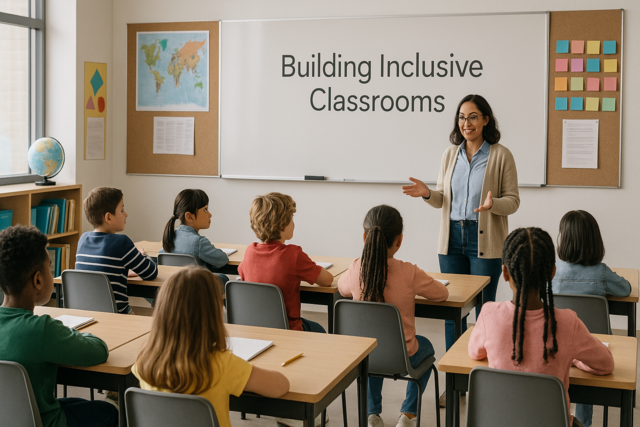 5 hours
0.5 CEUs
Building Inclusive Classrooms
+ More Info
5 hours
0.5 CEUs
Building Inclusive Classrooms
+ More Info
-
 7 hours
0.7 CEUs
Haute Couture Chronicles: Inside the World of Luxury Brands
+ More Info
7 hours
0.7 CEUs
Haute Couture Chronicles: Inside the World of Luxury Brands
+ More Info
-
 5 hours
0.5 CEUs
Advanced Excel for Data Management
+ More Info
5 hours
0.5 CEUs
Advanced Excel for Data Management
+ More Info
-
 5 hours
0.5 CEUs
Understanding and Reducing Bias
+ More Info
5 hours
0.5 CEUs
Understanding and Reducing Bias
+ More Info
-
 6 hours
0.6 CEUs
Fashion Forward: Trendsetting in the Modern Era
+ More Info
6 hours
0.6 CEUs
Fashion Forward: Trendsetting in the Modern Era
+ More Info
-
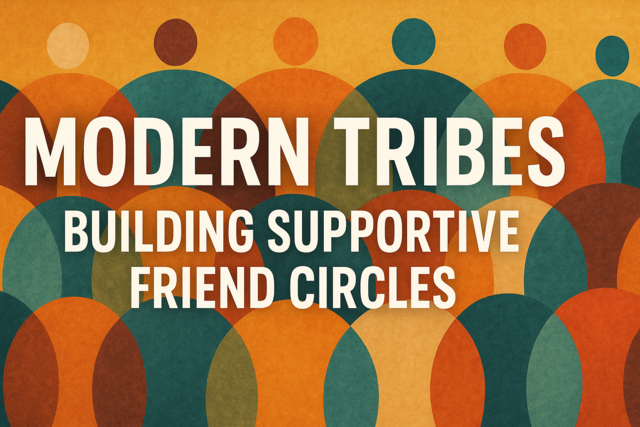 6 hours
0.6 CEUs
Modern Tribes: Building Supportive Friend Circles
+ More Info
6 hours
0.6 CEUs
Modern Tribes: Building Supportive Friend Circles
+ More Info
-
 3 hours
0.3 CEUs
Positive Reinforcement Techniques for Special Educators
+ More Info
3 hours
0.3 CEUs
Positive Reinforcement Techniques for Special Educators
+ More Info
-
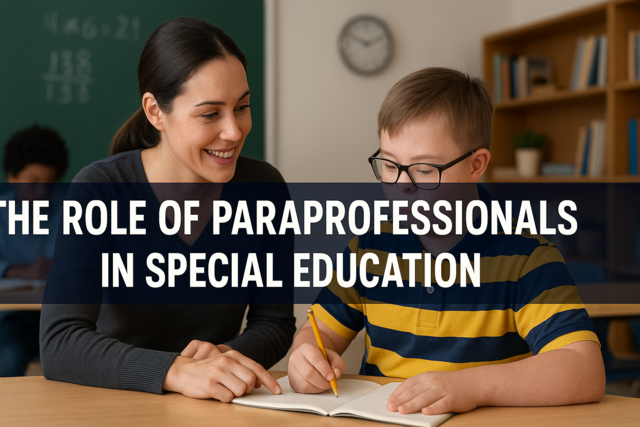 3 hours
0.3 CEUs
The Role of Paraprofessionals in Special Education
+ More Info
3 hours
0.3 CEUs
The Role of Paraprofessionals in Special Education
+ More Info
-
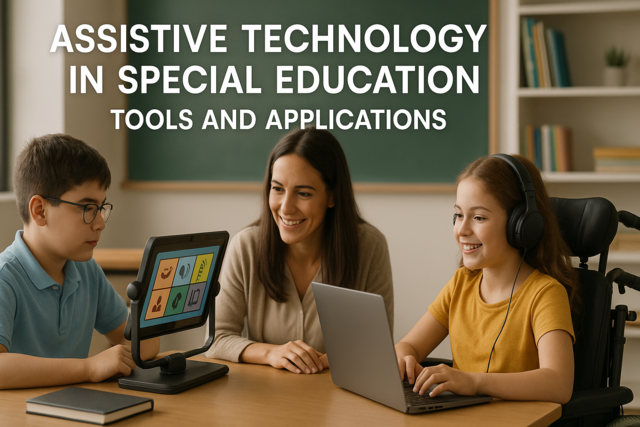 6 hours
0.6 CEUs
Assistive Technology in Special Education: Tools and Applications
+ More Info
6 hours
0.6 CEUs
Assistive Technology in Special Education: Tools and Applications
+ More Info
-
 3 hours
0.3 CEUs
Managing Personal Finances
+ More Info
3 hours
0.3 CEUs
Managing Personal Finances
+ More Info
-
 3 hours
0.3 CEUs
Office Staff Productivity Boosters
+ More Info
3 hours
0.3 CEUs
Office Staff Productivity Boosters
+ More Info
-
 4 hours
0.4 CEUs
Emergency Preparedness and Survival Skills
+ More Info
4 hours
0.4 CEUs
Emergency Preparedness and Survival Skills
+ More Info
-
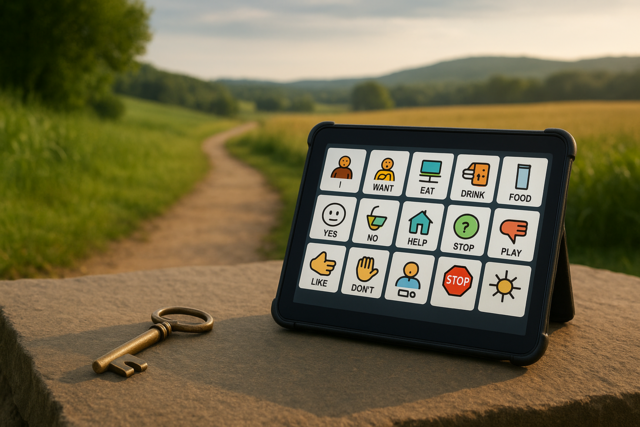 6 hours
0.6 CEUs
Assistive Communication Devices: Maximizing Potential
+ More Info
6 hours
0.6 CEUs
Assistive Communication Devices: Maximizing Potential
+ More Info
-
 5 hours
0.5 CEUs
Cosmic Anomalies: Unraveling Unsolved Astronomical Phenomenon
+ More Info
5 hours
0.5 CEUs
Cosmic Anomalies: Unraveling Unsolved Astronomical Phenomenon
+ More Info
-
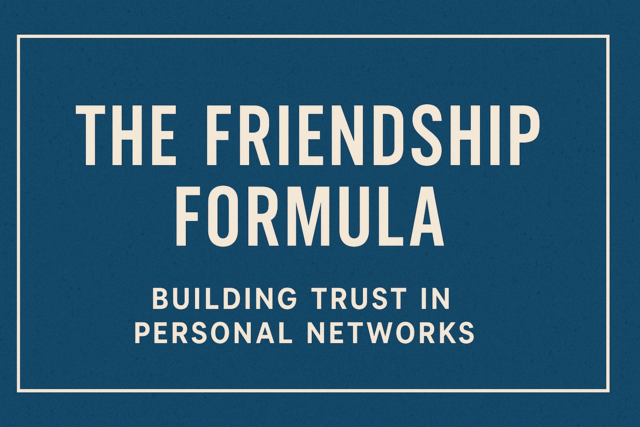 6 hours
0.6 CEUs
The Friendship Formula: Building Trust in Personal Networks
+ More Info
6 hours
0.6 CEUs
The Friendship Formula: Building Trust in Personal Networks
+ More Info
-
 3 hours
0.3 CEUs
Sound Therapy and Vibrational Healing
+ More Info
3 hours
0.3 CEUs
Sound Therapy and Vibrational Healing
+ More Info
-
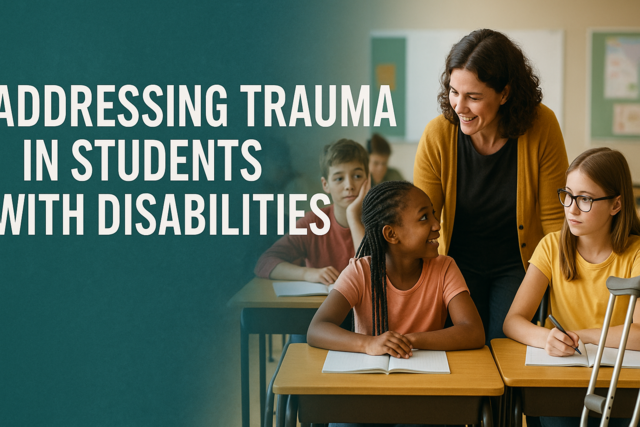 3 hours
0.3 CEUs
Addressing Trauma in Students with Disabilities
+ More Info
3 hours
0.3 CEUs
Addressing Trauma in Students with Disabilities
+ More Info
-
 7 hours
0.7 CEUs
Basics of Entrepreneurship
+ More Info
7 hours
0.7 CEUs
Basics of Entrepreneurship
+ More Info
-
 5 hours
0.5 CEUs
Conscious Living: Mastering Mindfulness
+ More Info
5 hours
0.5 CEUs
Conscious Living: Mastering Mindfulness
+ More Info
-
 4 hours
0.4 CEUs
Embracing Change: Adapting Family Roles Over Time
+ More Info
4 hours
0.4 CEUs
Embracing Change: Adapting Family Roles Over Time
+ More Info
-
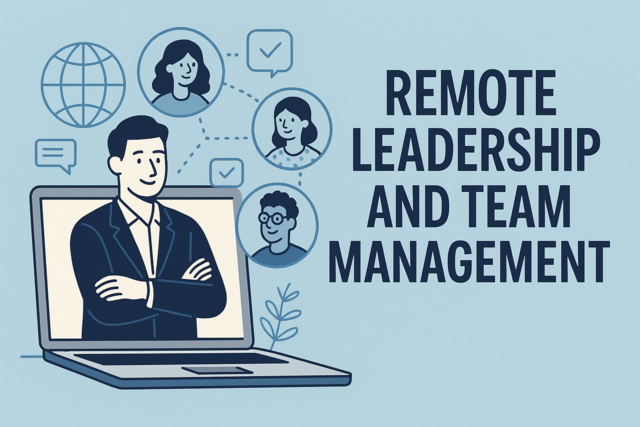 6 hours
0.6 CEUs
Remote Leadership and Team Management
+ More Info
6 hours
0.6 CEUs
Remote Leadership and Team Management
+ More Info
-
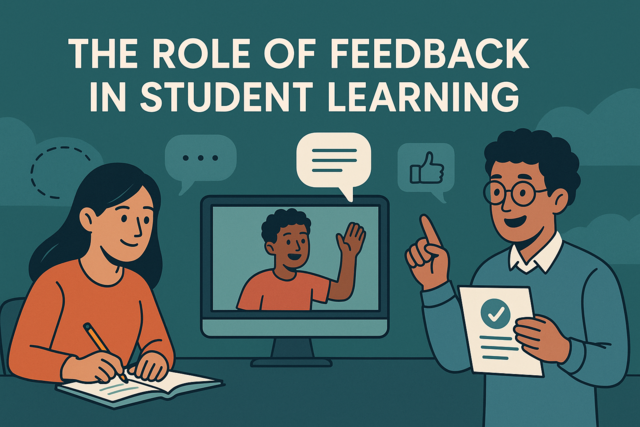 4 hours
0.4 CEUs
The Role of Feedback in Student Learning
+ More Info
4 hours
0.4 CEUs
The Role of Feedback in Student Learning
+ More Info
-
 6 hours
0.6 CEUs
Luxe Vision: Designing a Fashionable Future
+ More Info
6 hours
0.6 CEUs
Luxe Vision: Designing a Fashionable Future
+ More Info
-
 7 hours
0.7 CEUs
The Science of Miracles: When Logic Defies Understanding
+ More Info
7 hours
0.7 CEUs
The Science of Miracles: When Logic Defies Understanding
+ More Info
-
 3 hours
0.3 CEUs
Luxury Layering: The Art of Dressing with Opulence
+ More Info
3 hours
0.3 CEUs
Luxury Layering: The Art of Dressing with Opulence
+ More Info
-
 3 hours
0.3 CEUs
Transcend Trends: Creating Your Signature Look
+ More Info
3 hours
0.3 CEUs
Transcend Trends: Creating Your Signature Look
+ More Info
-
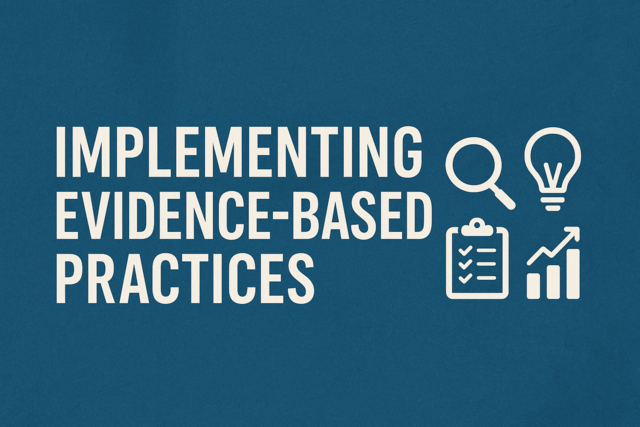 5 hours
0.5 CEUs
Implementing Evidence-Based Practices
+ More Info
5 hours
0.5 CEUs
Implementing Evidence-Based Practices
+ More Info
-
 6 hours
0.6 CEUs
Mysterious Forces in the Cosmos
+ More Info
6 hours
0.6 CEUs
Mysterious Forces in the Cosmos
+ More Info
-
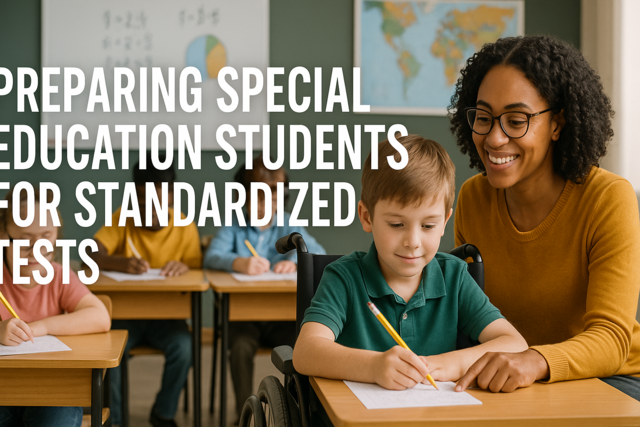 3 hours
0.3 CEUs
Preparing Special Education Students for Standardized Tests
+ More Info
3 hours
0.3 CEUs
Preparing Special Education Students for Standardized Tests
+ More Info
-
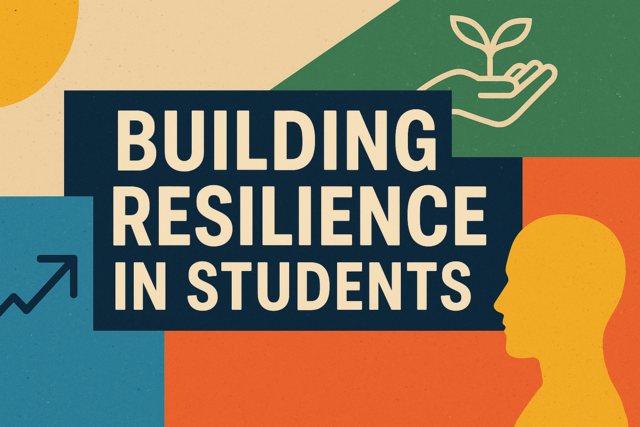 3 hours
0.3 CEUs
Building Resilience in Students
+ More Info
3 hours
0.3 CEUs
Building Resilience in Students
+ More Info
-
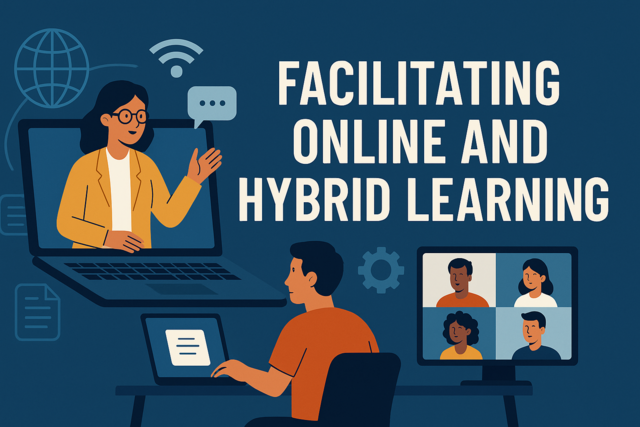 4 hours
0.4 CEUs
Facilitating Online and Hybrid Learning
+ More Info
4 hours
0.4 CEUs
Facilitating Online and Hybrid Learning
+ More Info
-
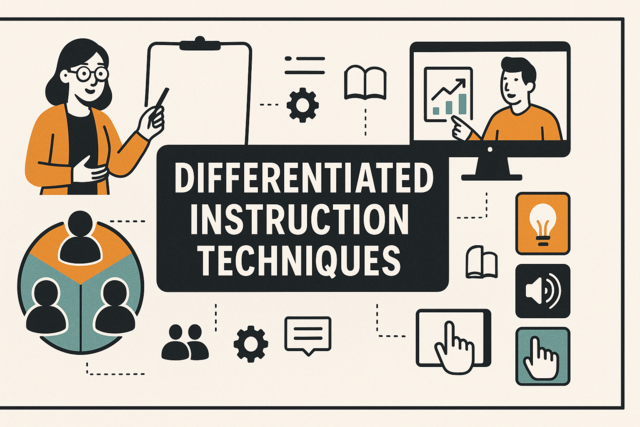 6 hours
0.6 CEUs
Differentiated Instruction Techniques
+ More Info
6 hours
0.6 CEUs
Differentiated Instruction Techniques
+ More Info
-
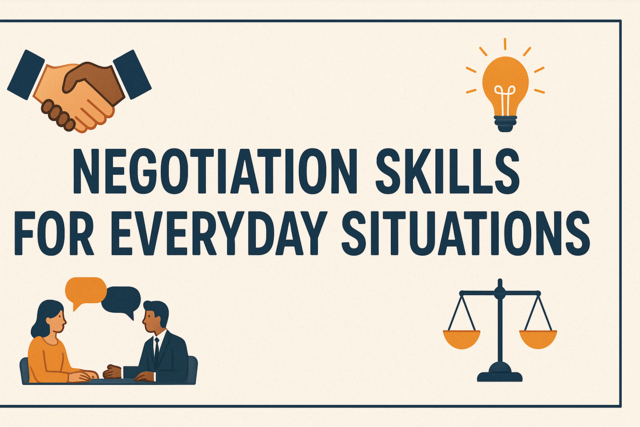 3 hours
0.3 CEUs
Negotiation Skills for Everyday Situations
+ More Info
3 hours
0.3 CEUs
Negotiation Skills for Everyday Situations
+ More Info
-
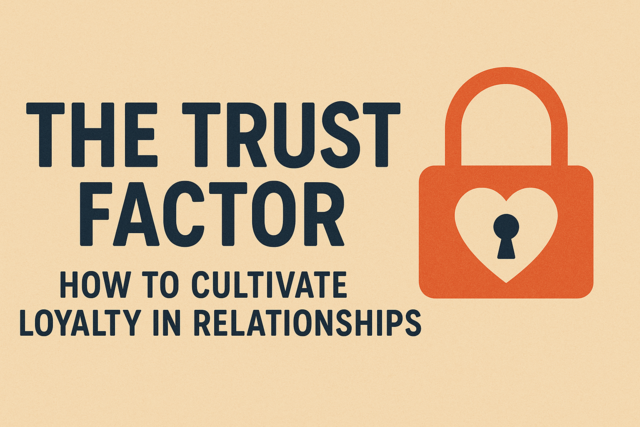 7 hours
0.7 CEUs
The Trust Factor: How to Cultivate Loyalty in Relationships
+ More Info
7 hours
0.7 CEUs
The Trust Factor: How to Cultivate Loyalty in Relationships
+ More Info
-
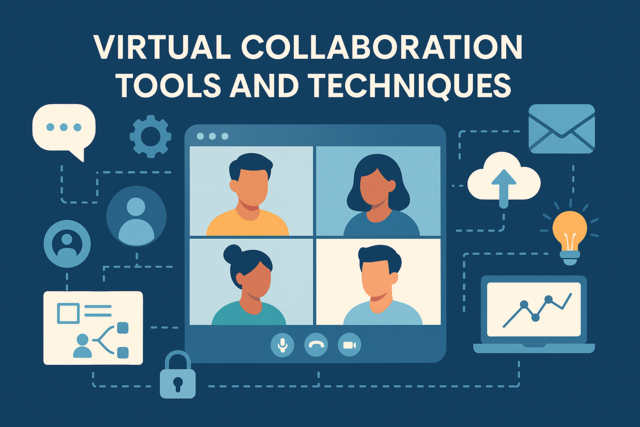 5 hours
0.5 CEUs
Virtual Collaboration Tools and Techniques
+ More Info
5 hours
0.5 CEUs
Virtual Collaboration Tools and Techniques
+ More Info
-
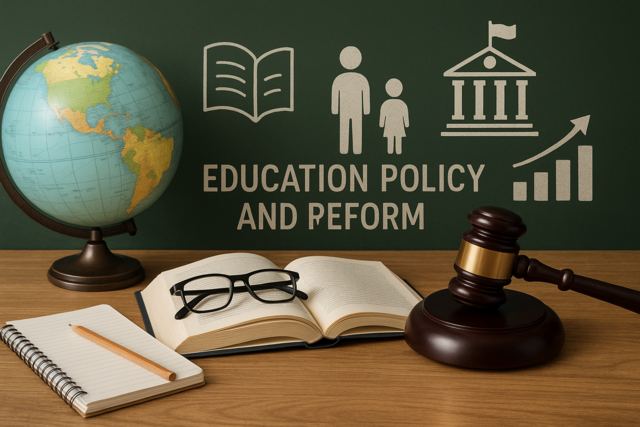 3 hours
0.3 CEUs
Education Policy and Reform: Impact and Implications
+ More Info
3 hours
0.3 CEUs
Education Policy and Reform: Impact and Implications
+ More Info
-
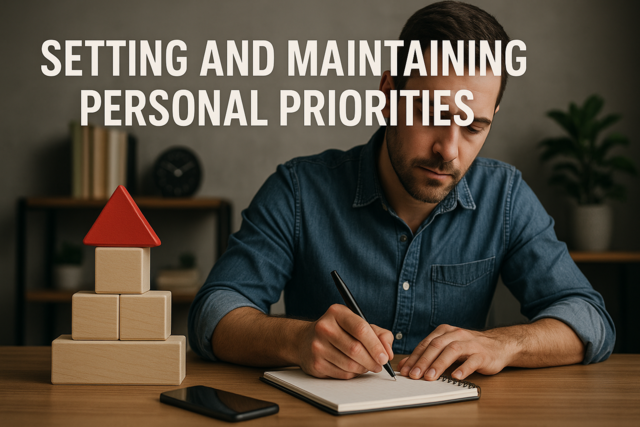 5 hours
0.5 CEUs
Setting and Maintaining Personal Priorities
+ More Info
5 hours
0.5 CEUs
Setting and Maintaining Personal Priorities
+ More Info
-
 4 hours
0.4 CEUs
Unlocking Resilience: Techniques for Tough Times
+ More Info
4 hours
0.4 CEUs
Unlocking Resilience: Techniques for Tough Times
+ More Info
-
 6 hours
0.6 CEUs
Mysteries of Druidic Lore and Alchemical Practices
+ More Info
6 hours
0.6 CEUs
Mysteries of Druidic Lore and Alchemical Practices
+ More Info
-
 4 hours
0.4 CEUs
Vital Conversations: Cultivating Depth in Daily Interactions
+ More Info
4 hours
0.4 CEUs
Vital Conversations: Cultivating Depth in Daily Interactions
+ More Info


